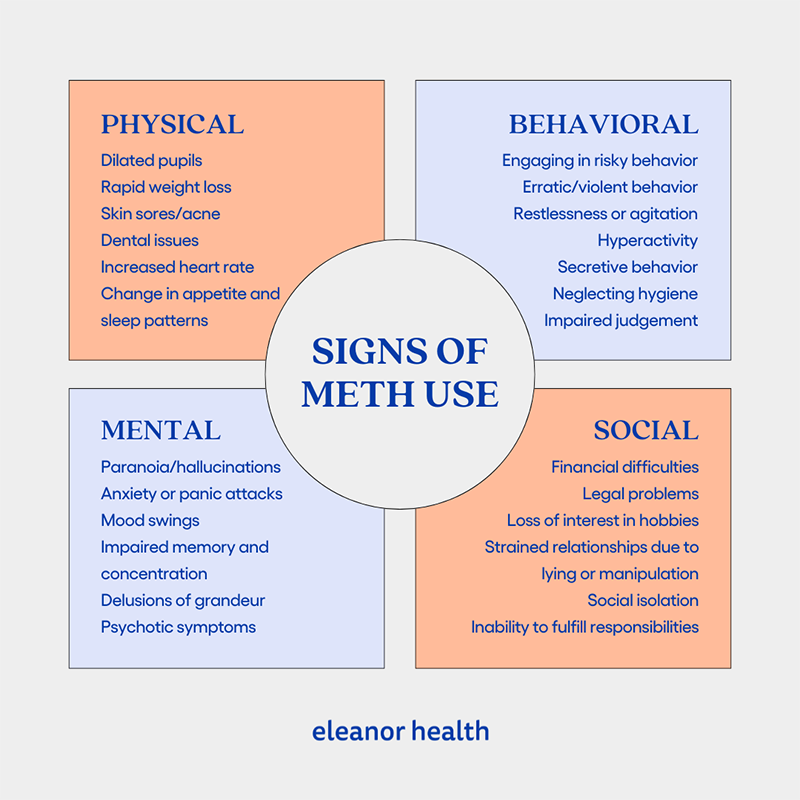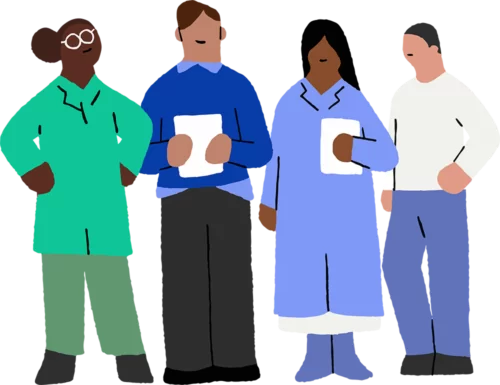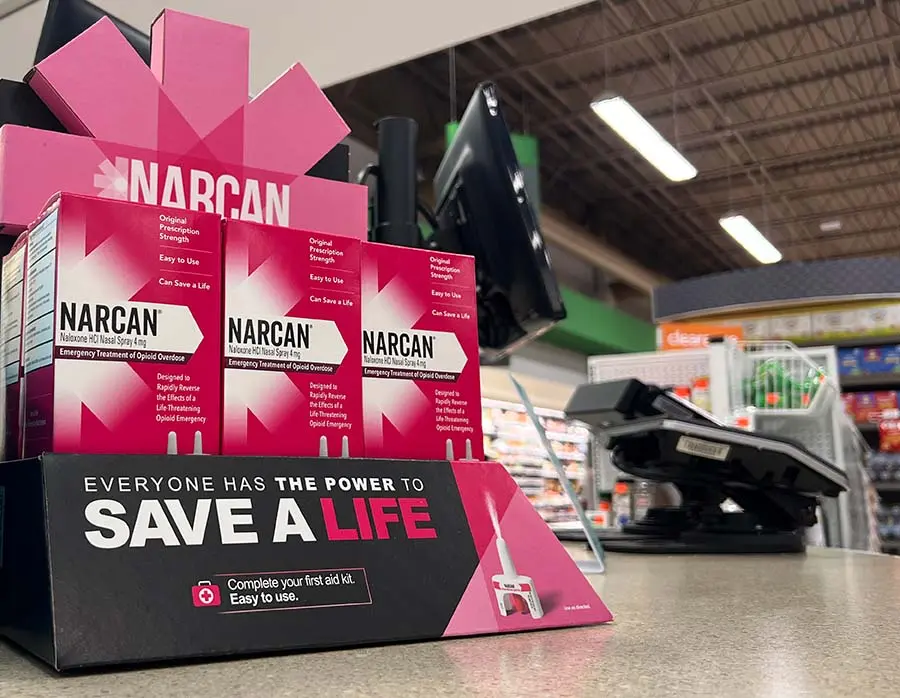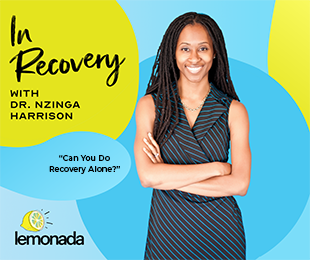Methamphetamine addiction is becoming increasingly common across America. At the same time, it has become more affordable and accessible. Methamphetamine use has also been steadily rising among patients seeking treatment for opioid use disorder, with a 3-fold increase among people who also use heroin. These twin disorders point to a drug-using population that is at high risk of overdose.
Meth is highly addictive, which can lead to many problems in the user’s life. Most people act differently when they are suffering from addiction. They also may have physical or mental changes that signal a problem. For people who live with polysubstance use disorder, there is always a risk of overdose. Getting sober from these substances can help you reclaim your life.
Methamphetamine is a highly addictive stimulant. It works by impacting the brain’s dopamine levels, inducing intense feelings of pleasure and energy. Initially used for its euphoric effects, repeated meth use leads to tolerance, requiring higher doses to achieve the same high. This cycle of escalating use increases the likelihood of addiction as users continue to chase the high.
Many factors can contribute to the development of meth addiction, including hereditary susceptibility and psychological factors such as stress. People with a history of childhood trauma may be more susceptible to substance use disorders, according to research. Social influences like peer pressure or environment also may factor in.
Anyone can become addicted to a substance like meth. The drug causes changes in a person’s brain. As addiction progresses, individuals prioritize obtaining and using meth over other responsibilities and activities. They continue to do this despite experiencing negative consequences. Eventually, a person addicted to meth will experience deteriorating physical and mental health. Their use can also lead to strained relationships or legal issues such as arrests.
Some signs and symptoms of meth use may be hidden from loved ones. However, many symptoms are more straightforward to observe. Meth addiction quickly takes over a user’s life, making the symptoms more evident as time wears on and they are unable to hide the negative consequences.

People who are high on meth will display symptoms such as speaking quickly, being quick to anger, insomnia or staying up all night, and even paranoia. They may sweat a lot or skip meals due to feeling “hyped up.” Here are some physical signs of methamphetamine use:
As meth takes over a person’s life, it causes changes in the way they think and act. These changes may seem dramatic to loved ones, but they are some of the classic symptoms of meth addiction. Some things to look out for:
As a person’s meth use spirals out of control, they may begin to experience psychological changes. They may exhibit symptoms of a mental health disorder. Here are some of the psychological and cognitive issues people who use meth can experience:
People with substance use disorder often begin to act in ways that their family and friends don’t recognize as their disease progresses. They may pull away from people they were once close to or start to act differently in ways that harm their relationships. Here are some other ways they may behave differently:
Understanding these signs can help identify when someone may be struggling with methamphetamine use and allow for early intervention and support. It’s vital to approach people with empathy and understanding. Substance use disorder is a brain disorder. It usually requires professional help to overcome.
Methamphetamine use affects people of all ages, but its prevalence varies among different demographics. While adults are more commonly associated with methamphetamine use, youth are not immune to its effects.
Meth use tends to skew younger and tends to be higher in the age 18-25 group. That is starting to change, however. In 2020, research emerged that use is rising among men aged 26–34, 35–49, and over the age of 50, especially among those without high school diplomas or who live below the poverty line.
Younger people often use meth due to peer pressure, curiosity, and a desire for increased energy or academic performance. Meth is highly addictive at any age, and people use drugs for a variety of reasons, often the relax or relieve boredom, stress, or symptoms from a co-occurring mental health disorder.
Methamphetamine use can have severe consequences for people of any age or background, leading to addiction and health problems, as well as legal, financial, and social difficulties.
Pregnant women who use meth put both themselves and their unborn babies at risk. Using the drug during pregnancy causes complications. It can cause premature births, low birth weight, and developmental issues in the fetus.
According to research published by NIH, babies exposed to methamphetamine in utero may experience withdrawal symptoms after birth, including agitation, tremors, and feeding difficulties.
Maternal use has been linked to an increased risk of miscarriage and stillbirth. It’s crucial for pregnant women struggling with addiction to seek medical help and support to protect both their health and the health of their babies.
Long-term methamphetamine use can have devastating effects on physical and mental health.
Chronic use can lead to cardiovascular problems, dental issues (often referred to as “meth mouth”), severe weight loss, anxiety, paranoia, hallucinations, and cognitive impairment. According to the National Institute on Drug Abuse (NIDA), methamphetamine use can also increase the risk of contracting infectious diseases. HIV and hepatitis B and C are sometimes transmitted among individuals who inject the drug.
Meth use can have profound social and economic consequences, leading to job loss, financial instability, estranged relationships, and involvement in criminal activity. Treatment and support are crucial for people struggling with substance use disorders to reclaim their lives.
Recognizing drug paraphernalia and other drug-related items can help loved ones identify potential substance abuse issues.
Typical paraphernalia associated with meth use includes glass pipes, often referred to as “meth pipes,” which are used for smoking the drug. Syringes and needles used for injecting the drug are also something to watch out for.
There may be hidden signs of methamphetamine use in personal belongings. Other drug-related items that may indicate meth use include small plastic bags or wrappers, razor blades or mirrors for cutting and snorting methamphetamine, and household items repurposed for drug preparation or consumption, such as aluminum foil or light bulbs.
These supplies may accompany unusual behavior patterns, such as sudden secrecy or defensiveness about personal space and belongings.
Recognizing and addressing meth use promptly can help individuals struggling with addiction get the support and treatment they need.
If you are struggling with a methamphetamine addiction, seek help from a treatment center with experience in meth addiction. Professionals can help guide you and provide the compassionate, professional support you need and deserve during this time. Eleanor Health is here to help you reclaim your health and provide the tools to begin a better life. We provide treatment services for adults with substance use disorders, addiction counseling, and peer support. We can help people in Louisiana, Massachusetts, North Carolina, New Jersey, Ohio, Texas, and Washington.
 Addiction Treatment: Fact vs. Fiction [E-Book]
Addiction Treatment: Fact vs. Fiction [E-Book]
 What is Narcan & How Does It Work?
What is Narcan & How Does It Work?
 Can You Do Recovery Alone? [Podcast]
Can You Do Recovery Alone? [Podcast]